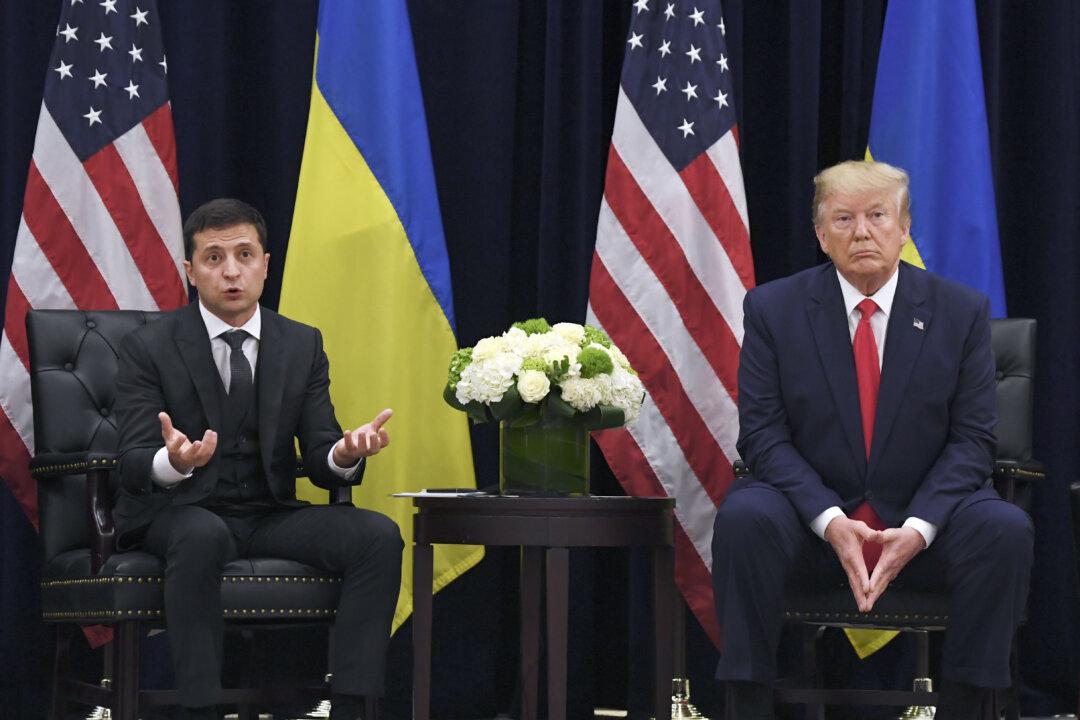The contents of a whistleblower complaint about a call between President Donald Trump and Ukraine’s president conflict with the official transcript of the conversation between the two leaders, raising questions about the credibility of the whistleblower and his or her purported sources.
The House Intelligence Committee released a copy of the complaint (pdf) on Sept. 26. Each allegation in the complaint is based on information the whistleblower learned from others, who he or she purports are White House officials; in several instances, the whistleblower opines on the hearsay as a matter of fact. The rest of the complaint consists of media reports and other publicly available information.





